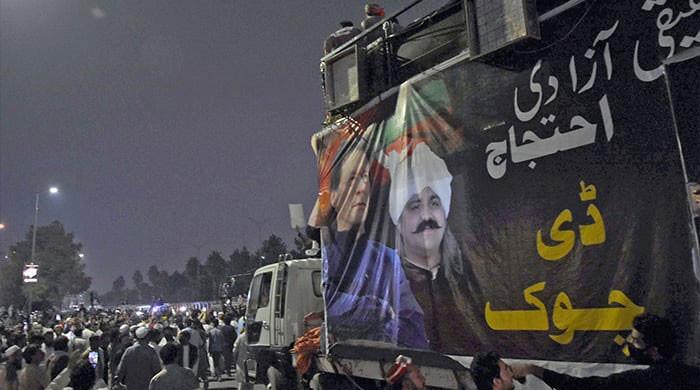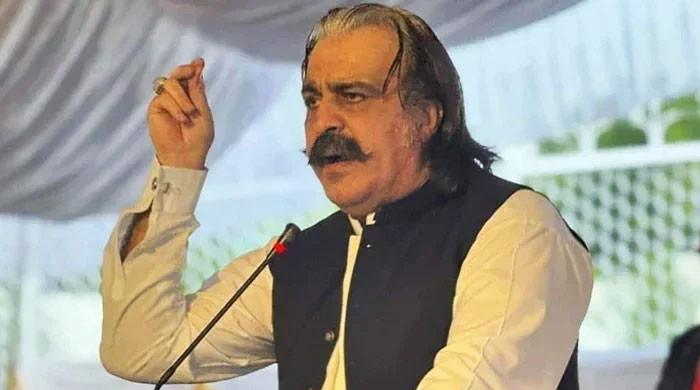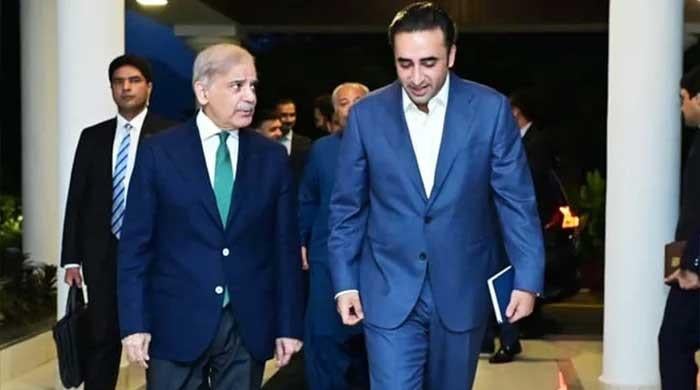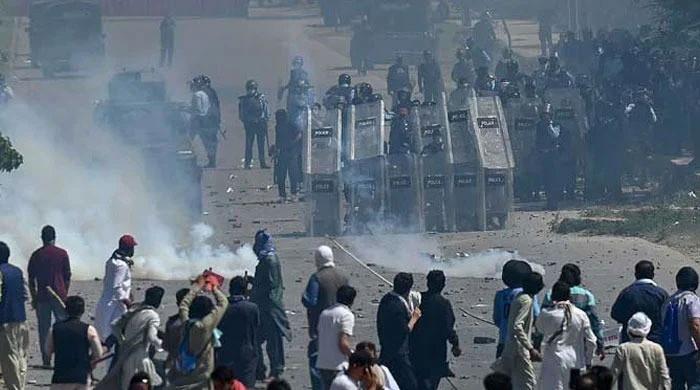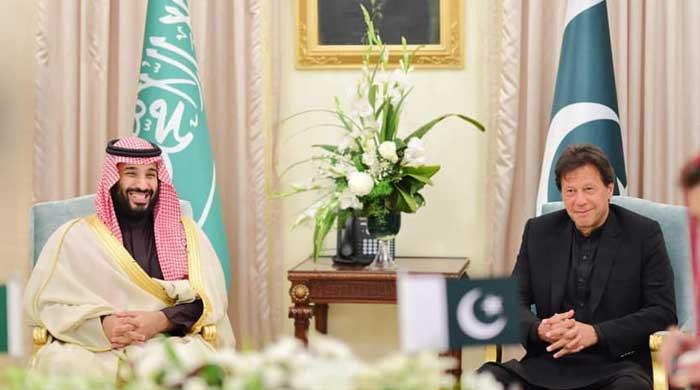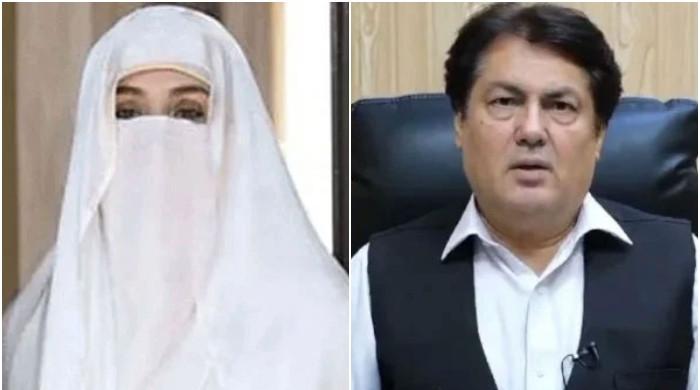Imran Khan to choose jail instead of striking any deal, says PTI's Arif Alvi
"PTI founder was given many offers but he rejected them all," says former president
May 11, 2024

- Khan wants “constitutional” solution to political uncertainty: Alvi.
- “I found no signs of fear on PTI founder’s face when I met him in jail”.
- Ex-president urges ending political disputes via dialogue.
Responding to allegations of backdoor talks, Pakistan Tehreek-e-Insaf (PTI) leader and former president Dr Arif Alvi said on Saturday that the party founder Imran Khan would choose to stay behind bars instead of striking any deal.
Alvi, however, urged for finding a solution to end political disputes among the parties via dialogue.
He made the statement while addressing the district bar in Sialkot today. The former president said that he knew the PTI founder for a long time who he said always prioritised the supremacy of the Constitution.
Referring to his meeting with the incarcerated Khan, Alvi said that he questioned the party founder that if they had entered a blind alley but the PTI founder was optimistic about a way out from the prevailing political crisis.
The PTI senior leader claimed that he found no signs of fear on Khan’s face when he met him in the jail. He added that the PTI founder was given “many offers but he rejected them all”.
The jailed former premier insisted that there would be no end to the political uncertainty without finding a “constitutional” solution, and only option left was holding dialogue, he added. The politico said that “only civilians can rule Pakistan”.
He termed the formation of the Pakistan Muslim League Nawaz (PML-N)-led coalition government as an “accidental democracy in Pakistan”.
Regarding May 9 riots, Alvi claimed that no one should make unilateral decision to hold someone responsible, claiming the PTI has “evidence” of the events.
Alvi added that his party welcomed high-level Saudi Arabia's delegates who are scheduled to arrive in Pakistan. He said that the Imran Khan-founded party also supports the China-Pakistan Economic Corridor (CPEC).
He was of the view that all stakeholders wanted to improve the national economy. He further said that there is a temporary crisis in the country which would end after a "positive leadership" came into power.
Pointing towards the judiciary, Alvi said that all eyes were on the top court after six judges raised their voices against the alleged inference in the judicial affairs.





